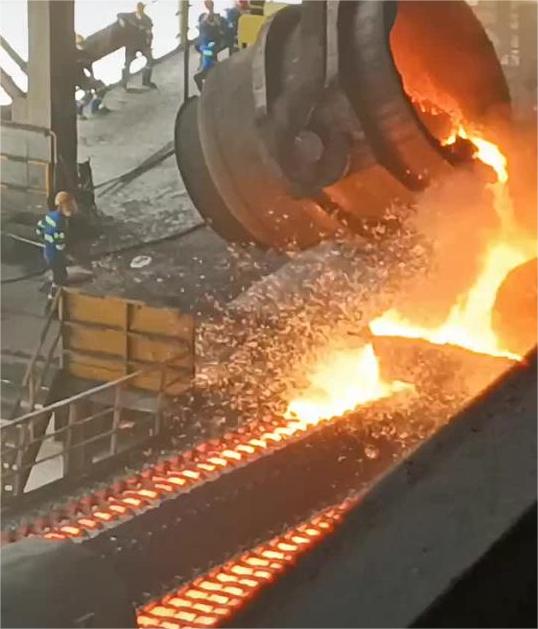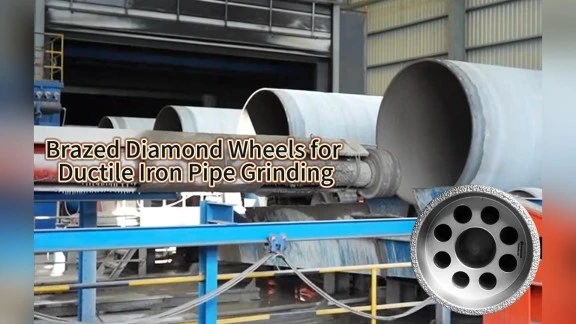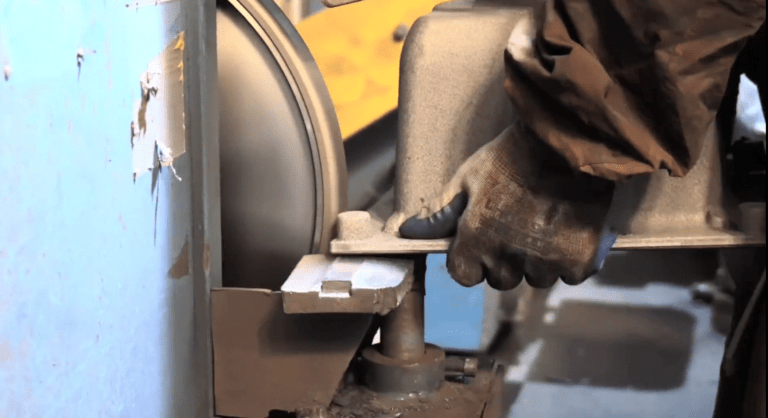A steel mill and a foundry are both industrial facilities involved in the processing and manufacturing of metal products, but they have distinct roles and functions in the metal production process. Here are the key differences between a steel mill and a foundry:
Primary Function:
Steel Mill: The primary function of a steel mill is to produce steel from raw materials such as iron ore, coal, and limestone. The steelmaking process in a mill involves melting iron in a blast furnace and converting it into steel through various refining and alloying processes.
Foundry: The primary function of a foundry is to cast metal products by melting and pouring molten metal into molds. Foundries work with various metals, including iron, steel, aluminum, brass, and others, to create specific shapes and components.
Metal Processing:
Steel Mill: Steel mills focus on the production of steel as a final product. They engage in processes like smelting, refining, and casting to create steel in various forms such as billets, slabs, and sheets.
Foundry: Foundries work with molten metal to cast products with specific shapes. The metal used in foundries can include steel, iron, aluminum, and other alloys, and the products can range from intricate components to large industrial parts.
Raw Materials:
Steel Mill: Steel mills use raw materials such as iron ore, coal, and limestone to produce steel. The steelmaking process involves extracting iron from the ore and then refining it into steel.
Foundry: Foundries use metal alloys as their raw materials. These alloys can be in the form of scrap metal, ingots, or other sources that are melted down and cast into the desired shapes.
Processes:
Steel Mill: Steel mills involve processes like iron smelting, basic oxygen furnace (BOF) or electric arc furnace (EAF) steelmaking, and various refining and finishing processes.
Foundry: Foundries involve processes such as melting the metal, molding it into specific shapes using molds, allowing it to cool and solidify, and then removing the castings from the molds.
End Products:
Steel Mill: The end products of a steel mill include various forms of steel, such as slabs, coils, sheets, bars, and tubes.
Foundry: The end products of a foundry are castings, which are solid metal objects formed by pouring molten metal into molds. Castings can be intricate parts, industrial components, or other custom shapes.
Industry Focus:
Steel Mill: Steel mills are often part of the broader steel manufacturing industry, providing steel for various applications, including construction, automotive, and infrastructure.
Foundry: Foundries serve multiple industries, producing castings for applications in automotive, aerospace, machinery, infrastructure, and more.




